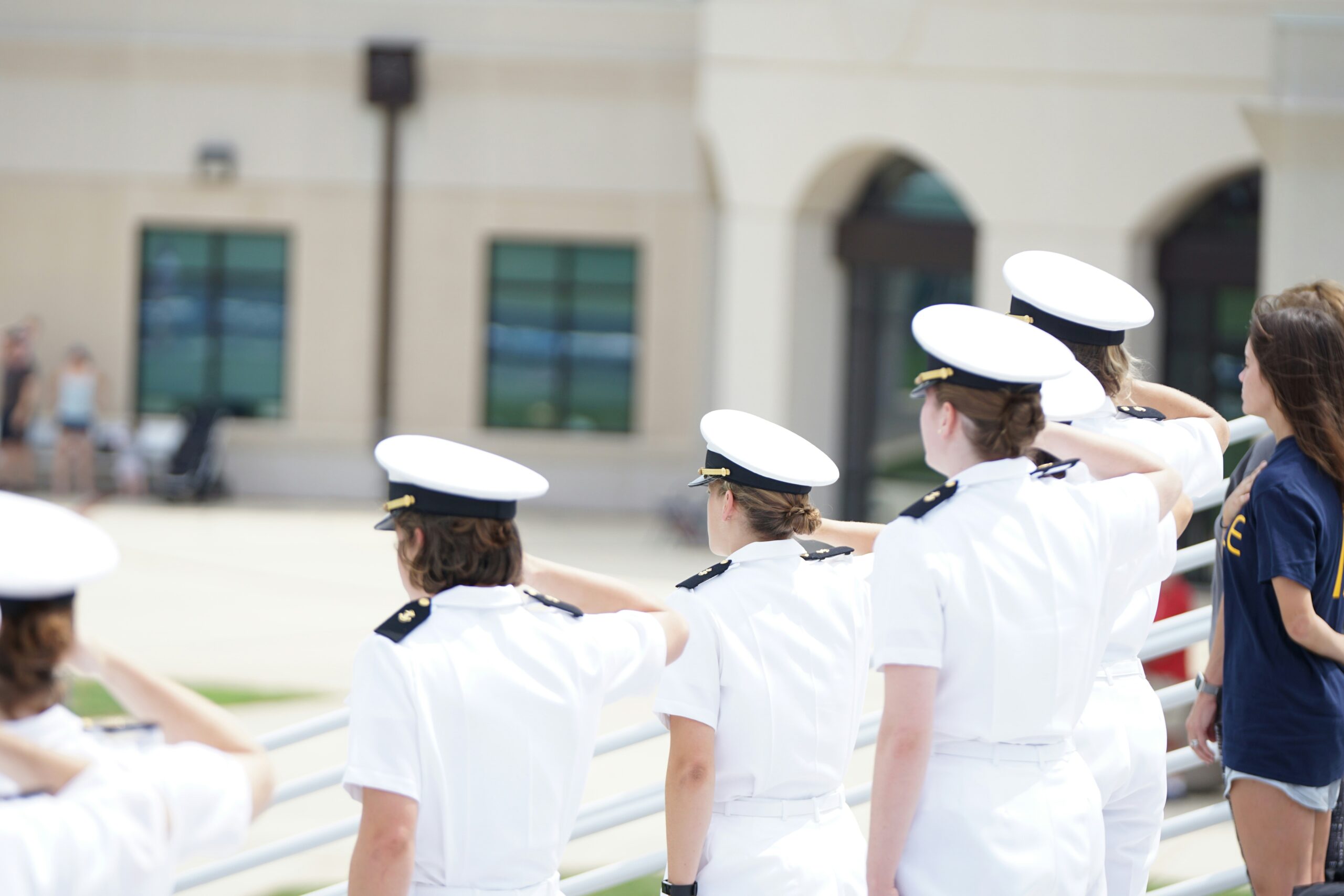
Becoming a captain at Summit Christian Academy was a pivotal moment in my high school journey. Not only was I entrusted with leadership in one sport, but I was also responsible for leading two different teams. This opportunity allowed me to grow both as an athlete and a person. As captain, I was tasked with motivating teammates, maintaining team morale, and setting the standard for dedication and performance. It was a role that shaped my perspective on leadership, teamwork, and the importance of perseverance, all of which contributed to my personal development.
Leading two teams, however, wasn’t without its challenges. Balancing the responsibilities of both teams required careful time management, communication, and adaptability. Each team had its unique culture, dynamics, and challenges. Therefore, being an effective captain meant learning to adjust my leadership style based on the needs of each group. What stood out most during my time as captain was the sense of pride and fulfillment that came with knowing I could positively impact my teammates, both on and off the field.
Balancing Dual Leadership Roles
Juggling the responsibilities of captaincy for two teams was both exhilarating and demanding. On one hand, I had to focus on each team’s specific needs and goals. On the other hand, I had to ensure that I didn’t neglect the leadership duties of one in favor of the other. To succeed in this role, I had to stay organized and focused. Time management became a crucial aspect of my daily routine, as I had to prioritize practice schedules, team meetings, and individual responsibilities while maintaining my academic performance.
Fortunately, I learned early on that effective communication was essential in balancing these roles. I regularly checked in with my coaches and teammates to discuss any concerns or needs. This open line of communication allowed me to identify potential issues before they escalated and ensured that I could support both teams. As a result, my leadership enhanced my organizational skills and helped improve the team dynamics. When the teams saw me effectively managing both roles, it inspired them to take responsibility for their roles.
Building Team Chemistry and Trust
Building team chemistry was one of the most rewarding aspects of being captain of two teams. A strong sense of unity is essential for any successful team, and it was my job to foster that environment. While each team had its unique style of play and approach to training, I worked hard to ensure that both groups were cohesive and supportive of one another. Team-building exercises, open discussions, and moments of celebration helped foster trust and mutual respect.
Trust is the cornerstone of any successful leadership role, and building that trust within both teams was crucial to achieving our goals. By empowering my teammates to speak up, we created an atmosphere where everyone felt like they were an integral part of the team.
Adapting to Different Leadership Challenges
Each team I captained came with its own set of leadership challenges. The dynamics, personalities, and goals varied, so I had to tailor my leadership style to meet the unique needs of each group. For example, one team was younger and needed more guidance and encouragement, while the other comprised experienced players who valued independence and leadership by example. Balancing these differences required emotional intelligence and flexibility, which I had to develop over time.
In some instances, I had to step in and offer more hands-on leadership, while in others, I needed to take a step back and trust my teammates to lead themselves. As a captain, I had to learn when to push my team and when to let them take the reins. Recognizing these moments of when to lead directly and when to empower others was key to fostering a strong, self-sufficient team. By continuously adapting to the needs of both teams, I was able to help each group achieve its full potential.
Navigating Setbacks and Maintaining Morale
Despite the success we achieved, both teams faced their share of setbacks. Moments of frustration, losses, and injuries tested our resolve. As captain, it was my responsibility to help navigate these challenges and keep the morale high. A key aspect of leadership is maintaining a positive attitude, even when things are unplanned. I had to remind my teammates that setbacks were just temporary and that what mattered most was how we responded to adversity.
During difficult times, I focused on reinforcing that we were a team and could overcome any obstacle together. We celebrated small victories, supported each other through tough times, and learned from every experience. Keeping morale high was essential not only for our performance but also for maintaining the team’s spirit. Whenever we faced a setback, I encouraged my teammates to stay focused on our long-term goals and trust the process. Through perseverance and determination, we could bounce back more substantially and unite.
Leaving a Legacy of Leadership and Commitment
My time as captain at Summit Christian Academy left an indelible mark on both me and my teammates. The leadership experience taught me valuable lessons about responsibility, teamwork, and resilience. While the recognition and accolades were appreciated, I truly valued the opportunity to serve as a role model for others. I took that responsibility seriously because my actions and decisions would shape the team’s culture. Leading two teams allowed me to foster an environment where everyone was encouraged to contribute their best effort and support each other, impacting the team’s legacy.
Ultimately, my leadership journey taught me that being a captain is more than just being in charge. It’s about empowering others to be their best, creating a supportive environment, and navigating challenges with grace and determination. The experience helped me develop skills beyond sports, from managing responsibilities to building strong relationships with people from all walks of life. My captaincy at Summit Christian Academy was not just a title but a transformative experience that shaped my understanding of leadership and left me with a lasting legacy of commitment, teamwork, and growth.